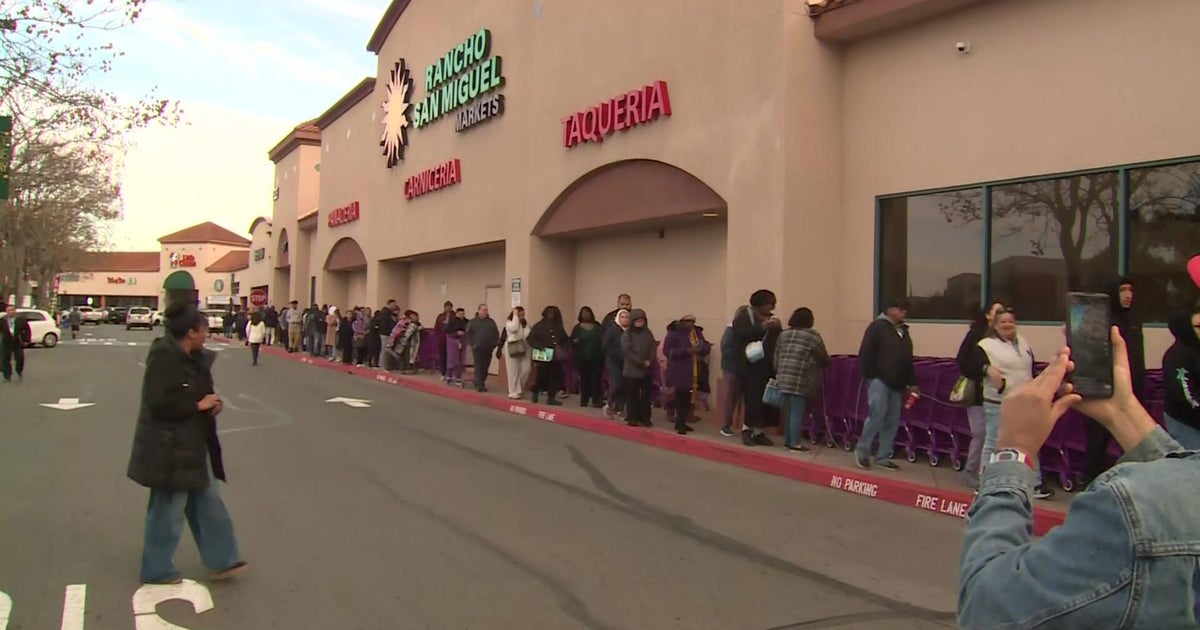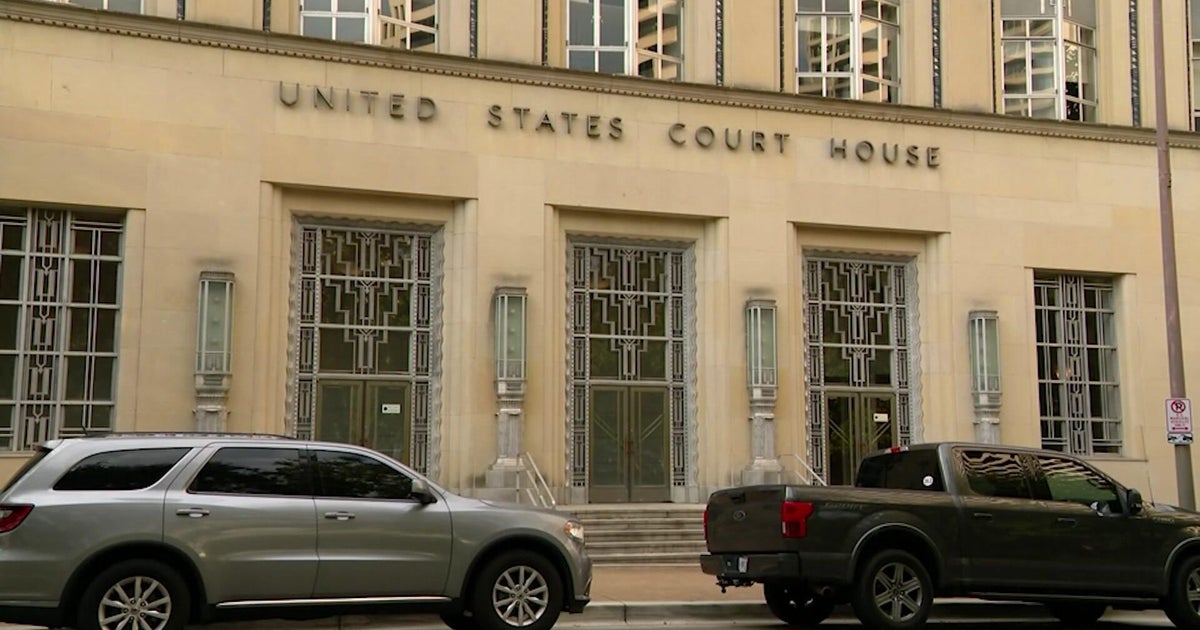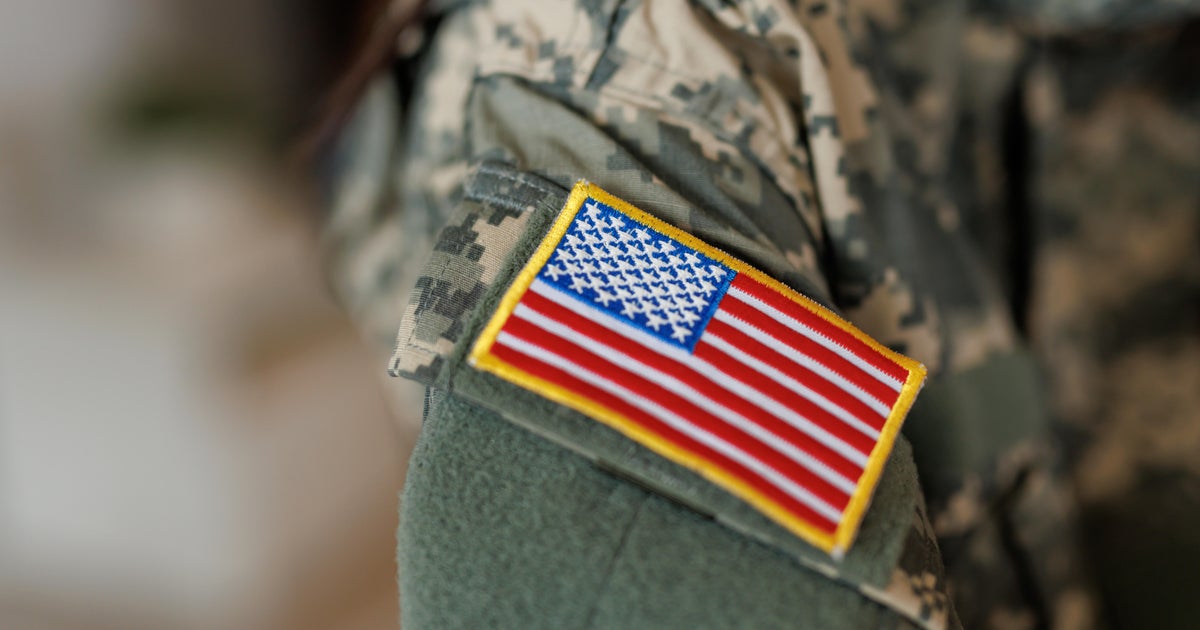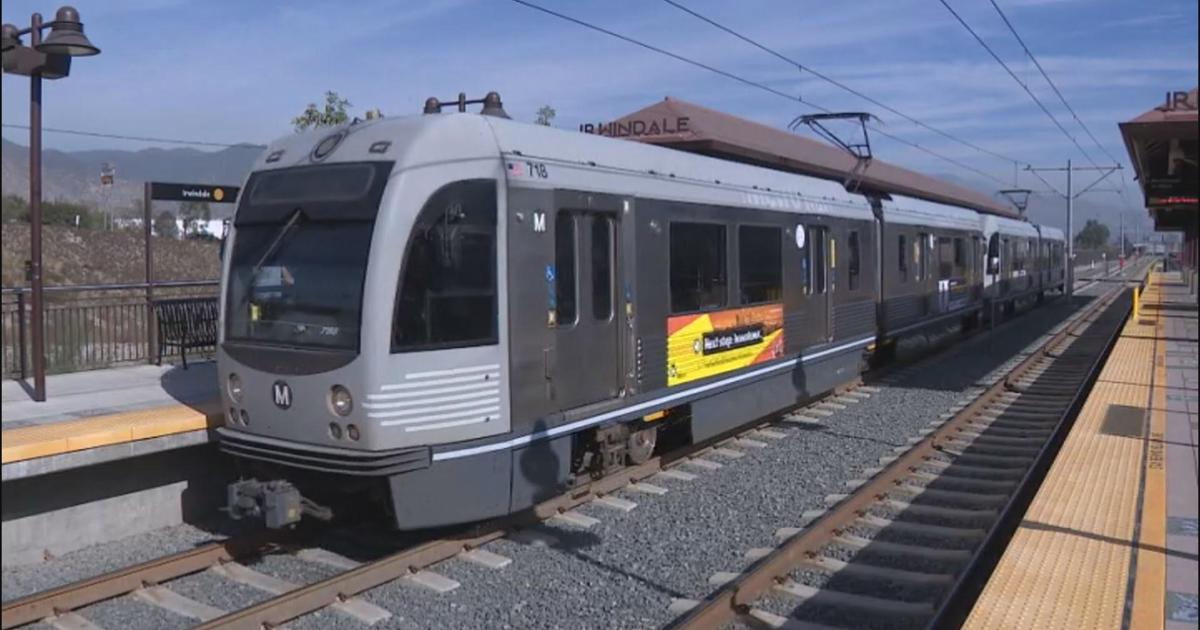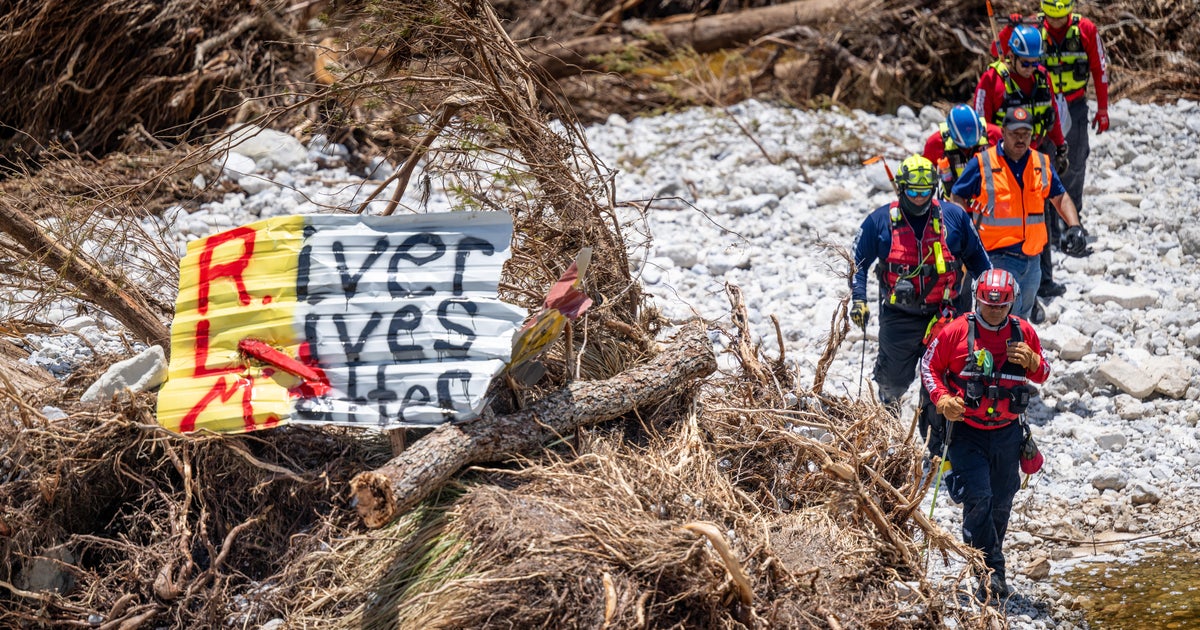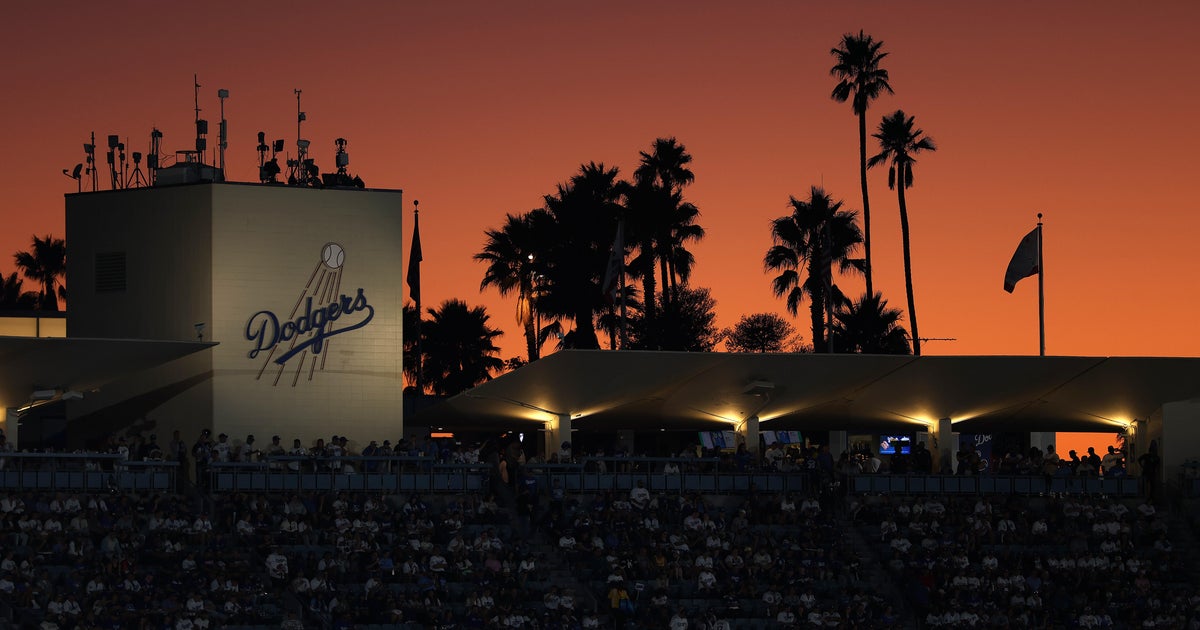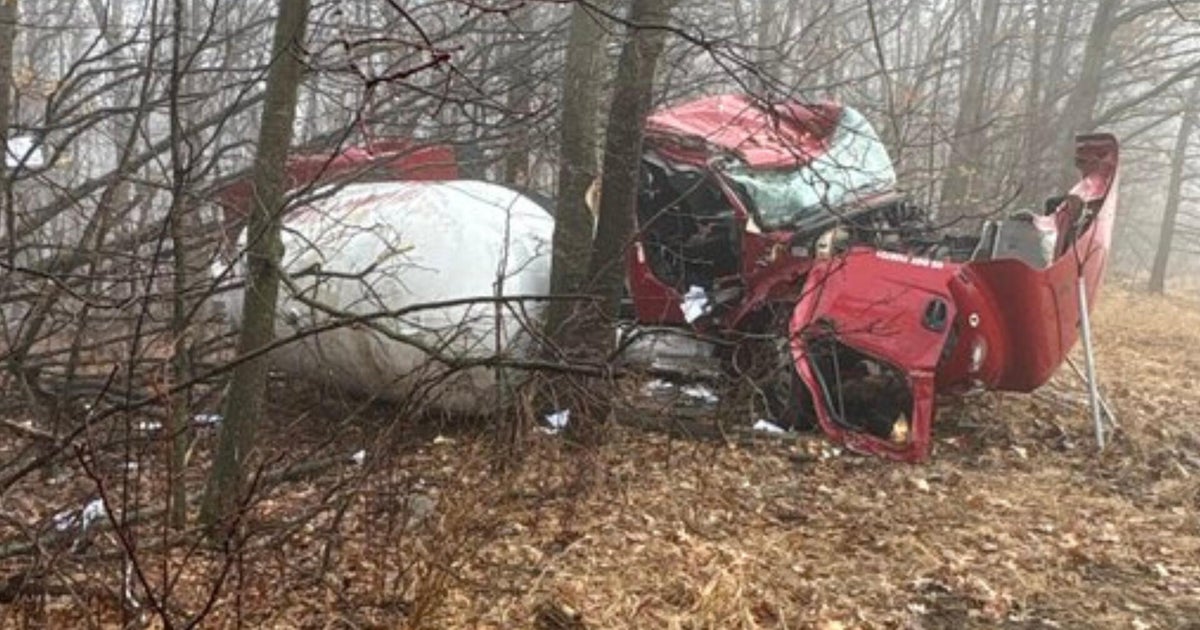San Joaquin County hospital prepares for potential IV shortage after Helene destruction
STOCKTON — Hurricane Helene is gone, but the damage done is impacting thousands of families and patients, including in California.
Helene flooded a North Carolina facility that manufactures 60% of the nation's IV doses, so now hospitals are preparing for a potential shortage. millions of dollars worth of damage was done to the Baxter International facility.
San Joaquin General Hospital receives these much-needed treatments from the facility, but it is now shut down. Hospital staff have started to look at other potential options or anywhere they can to find more IV doses.
There isn't a shortage there, but they are preparing for one with the hospital now only getting about 40% of the doses it usually gets.
"We have no current shortage," said Richard Castro, the CEO of the San Joaquin General Hospital. "We have over 7 days of supply but that will decline every day moving forward."
This is forcing Castro and his team to get creative when looking for more doses or stretching the supply they have now.
One section of the hospital they're looking at is the Dialysis Care Center. IVs are necessary there to treat kidney failure among other things, but Castro is making sure there is enough to go around in preparation for a potential shortage.
"Obviously, patient safety is never compromised," Castro stressed. "We are doing some unique things where we're looking at patients who are much healthier who may not need an IV—maybe oral Gatorade, whatever we can do—to make sure we don't get into crisis."
Baxter International said the storm surge also damaged bridges going into and out of the area. There is no timetable for the facility or bridges to be fixed just yet to get production underway and then shipped out.
Now, Castro said a solution to this problem could be bringing a facility that makes IV doses to the West Coast to hopefully avoid this from happening again.
"Critical supply should probably be produced in more than one area for these kinds of reasons," Castro said.
Castro said they haven't yet, but if supply gets so low that it does become a shortage, they could look outside of the country for these doses. That first has to be approved by the U.S. Food and Drug Administration, but having a port nearby could be an advantage if it does come to that.
